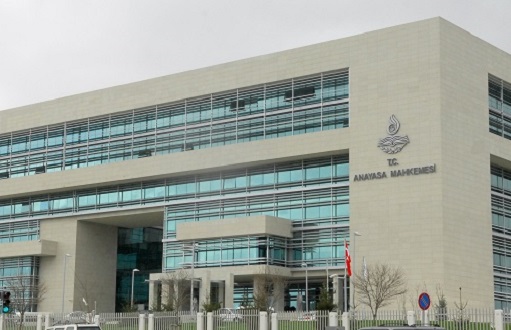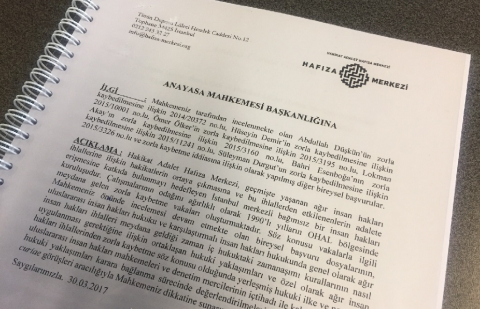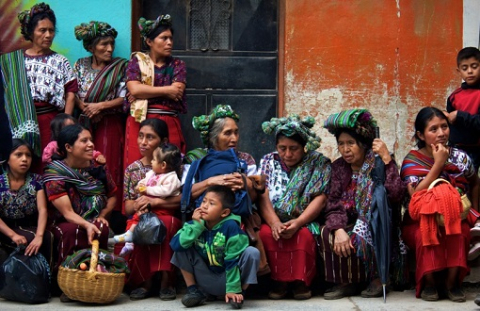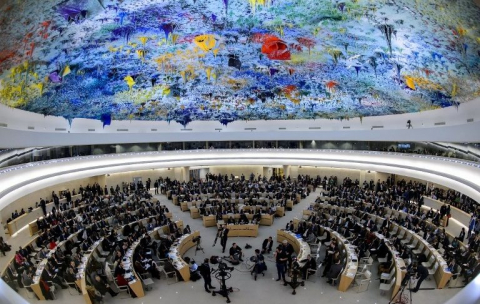
Amicus Curiae: An Alternative Intervention in Fight Against Impunity
The Constitutional Court of Turkey has accepted non-governmental organizations’ requests to give legal opinion on the case of Hasan Gülünay. The legal opinion was presented as “amicus curiae”, literally meaning "friend of the court".
In accepting legal opinion by NGOs, the court has acted in line with the practice of European Court of Human Rights, which on a number of occasions accepted similar interventions by NGOs around the world. Among the signatories of the jointly presented amicus curiae were Hafiza Merkezi, Turkish Economic and Social Studies Foundation, European Center for Constitutional and Human Rights,Human Rights Foundation of Turkey, as well as Human Rights Association, Human Rights Agenda Association, Helsinki Citizens’ Assembly and Human Rights Research Association as members of theHuman Rights Joint Platform.
“Amicus curiae” is a legal term in Latin which refers to someone or an organization that is not a party to a case but offers information to the court for constituting a basis for court’s decision. “Amicus curiae” informs the court on the widespread legal, social and economic impacts of its decision and reflects the possible concerns of its constituencies. It functions as an intervener for voicing the concerns of people who might be affected by the decision. It encourages court for taking a decision on a more broad, extensive and accurate legal framework. “Amicus curiae” also aims to improve the case law by presenting alternative legal arguments.
Aside from domestic courts, “amicus curiae” is also an established institution in international courts like European Court of Human Rights, the Inter American System of Human Rights and European Court of Justice.
Acting as “amicus curiae”, the above mentioned human rights organizations have presented their arguments to the Constitutional Court for the consideration of gross human rights violations like forced disappearances and illegal arbitrary executions as crimes against humanity, as well as their opinion on issues of lapse of time and amnesty. Such interventions at international level have previously proved to achieve many precedents on these issues.
Information on the forced disappearance of Hasan Gülünay and the legal status of the case is available from the Database on Enforced Disappearances.
Since the case on Hasan Gülünay is currently under review by the Constitutional Court case, we are unable to share the text presented to the Court. However, for a similar case you can check the amicus curiae on the case of Bamaca Velasquez and Guatemala.



